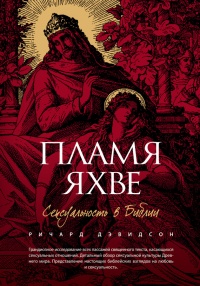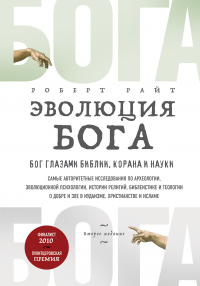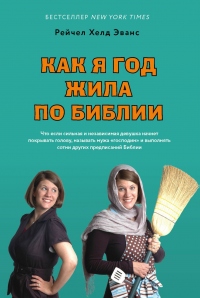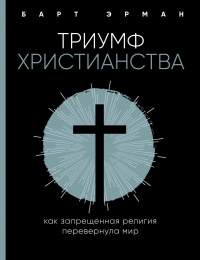Книга История Библии. Где и как появились библейские тексты, зачем они были написаны и какую сыграли роль в мировой истории и культуре - Джон Бартон
На нашем литературном портале можно бесплатно читать книгу История Библии. Где и как появились библейские тексты, зачем они были написаны и какую сыграли роль в мировой истории и культуре - Джон Бартон полная версия. Жанр: Книги / Домашняя. Онлайн библиотека дает возможность прочитать весь текст произведения на мобильном телефоне или десктопе даже без регистрации и СМС подтверждения на нашем сайте онлайн книг knizki.com.
Шрифт:
-
+
Интервал:
-
+
Закладка:
Сделать
Перейти на страницу:
Перейти на страницу:
Внимание!
Сайт сохраняет куки вашего браузера. Вы сможете в любой момент сделать закладку и продолжить прочтение книги «История Библии. Где и как появились библейские тексты, зачем они были написаны и какую сыграли роль в мировой истории и культуре - Джон Бартон», после закрытия браузера.
Книги схожие с книгой «История Библии. Где и как появились библейские тексты, зачем они были написаны и какую сыграли роль в мировой истории и культуре - Джон Бартон» от автора - Джон Бартон:
Комментарии и отзывы (0) к книге "История Библии. Где и как появились библейские тексты, зачем они были написаны и какую сыграли роль в мировой истории и культуре - Джон Бартон"
























